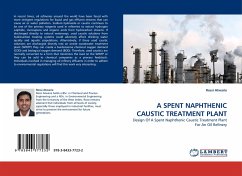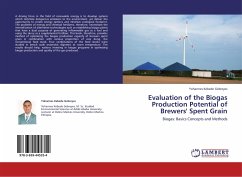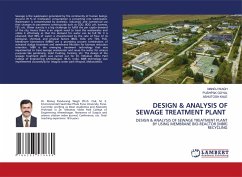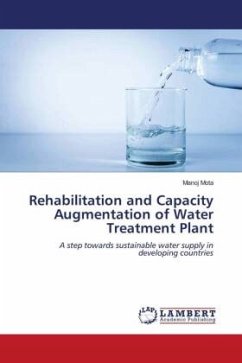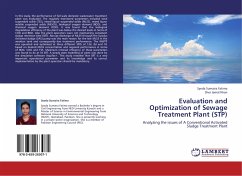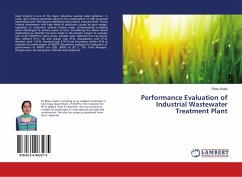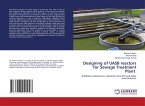In recent times, oil refineries around the world have been faced with more stringent regulations for liquid and gas effluent streams that can cause air or water pollution. Sodium hydroxide or caustic continues to be one of the primary reagents used in refineries to extract hydrogen sulphide, mercaptans and organic acids from hydrocarbon streams. If discharged directly to natural waterways, used caustic solutions from hydrocarbon treating systems could adversely affect drinking water quality and aquatic populations. Alternatively, if these used caustic solutions are discharged directly into an onsite wastewater treatment plant (WWTP) they can create a burdensome chemical oxygen demand (COD) and biological oxygen demand (BOD). Therefore, used caustics are normally converted to a form that minimizes the load on the WWTP or they can be sold to chemical companies as a process feedstock. Individuals involved in managing oil refinery effluents in order to adhere to environmental regulations will find this work very interesting.
Bitte wählen Sie Ihr Anliegen aus.
Rechnungen
Retourenschein anfordern
Bestellstatus
Storno

